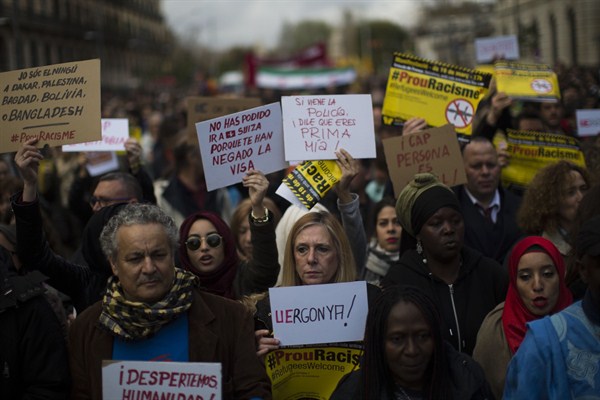BARCELONA, Spain—The countries around the Mediterranean basin are a diverse lot, ranging from the European Union and NATO’s southernmost members to the states of the Balkans, the Middle East and North Africa. One thing almost all of them share is a constant tension from the seemingly contradictory trends toward separation and integration. In the early 21st century, each trajectory has its appeal in this maritime region, but neither represents a panacea. Over time, the Mediterranean will continue to teach us about independence, interdependence and integration as parts of a natural cycle for states and societies.
Traveling from the lands of the former Yugoslavia to one of the regions of Spain that from time to time flirts with independence provides a useful contrast in contemporary dynamics in international politics. In the Mediterranean region as well as in Africa, the Arab world and Asia, there are intermittent signs that separatists are working to form new states, drawn by the allure of political entities with more ethnic, religious or linguistic coherence than the larger, multicultural societies they are currently part of. Many are encouraged in their aspirations by newly formed states such as South Sudan and East Timor, at times overlooking the fact that those new states, particularly South Sudan, could still fail, and that Yugoslavia’s breakup into its component territories in the 1990s was the greatest political crisis of that era.
In Croatia and Montenegro today, the mood is mostly positive, with many people convinced that a small, homogeneous state can thrive in a globalized world. People have internalized the notion that Yugoslavia, which existed for most of the 20th century as a monarchy and then as a communist state under Tito, was never actually a real entity. Young people say that Tito was the only Yugoslav, the only person who really believed in the multi-ethnic federation.

